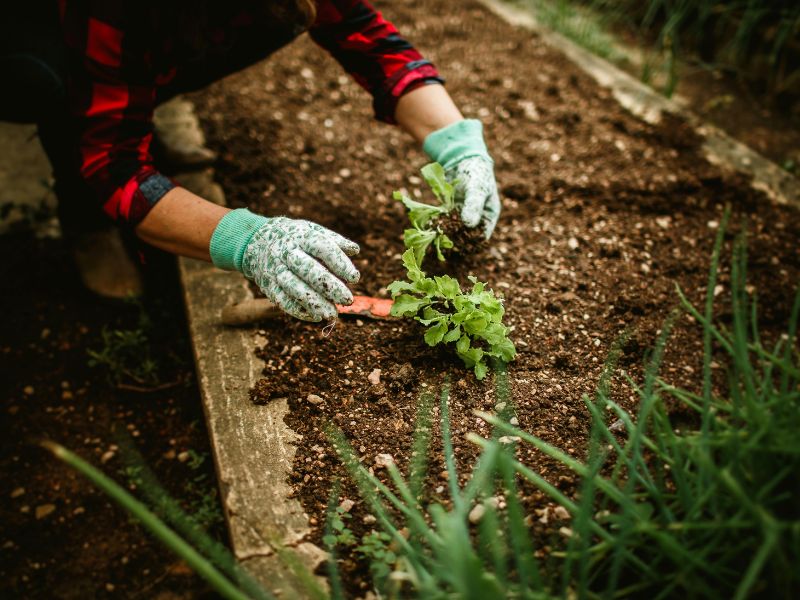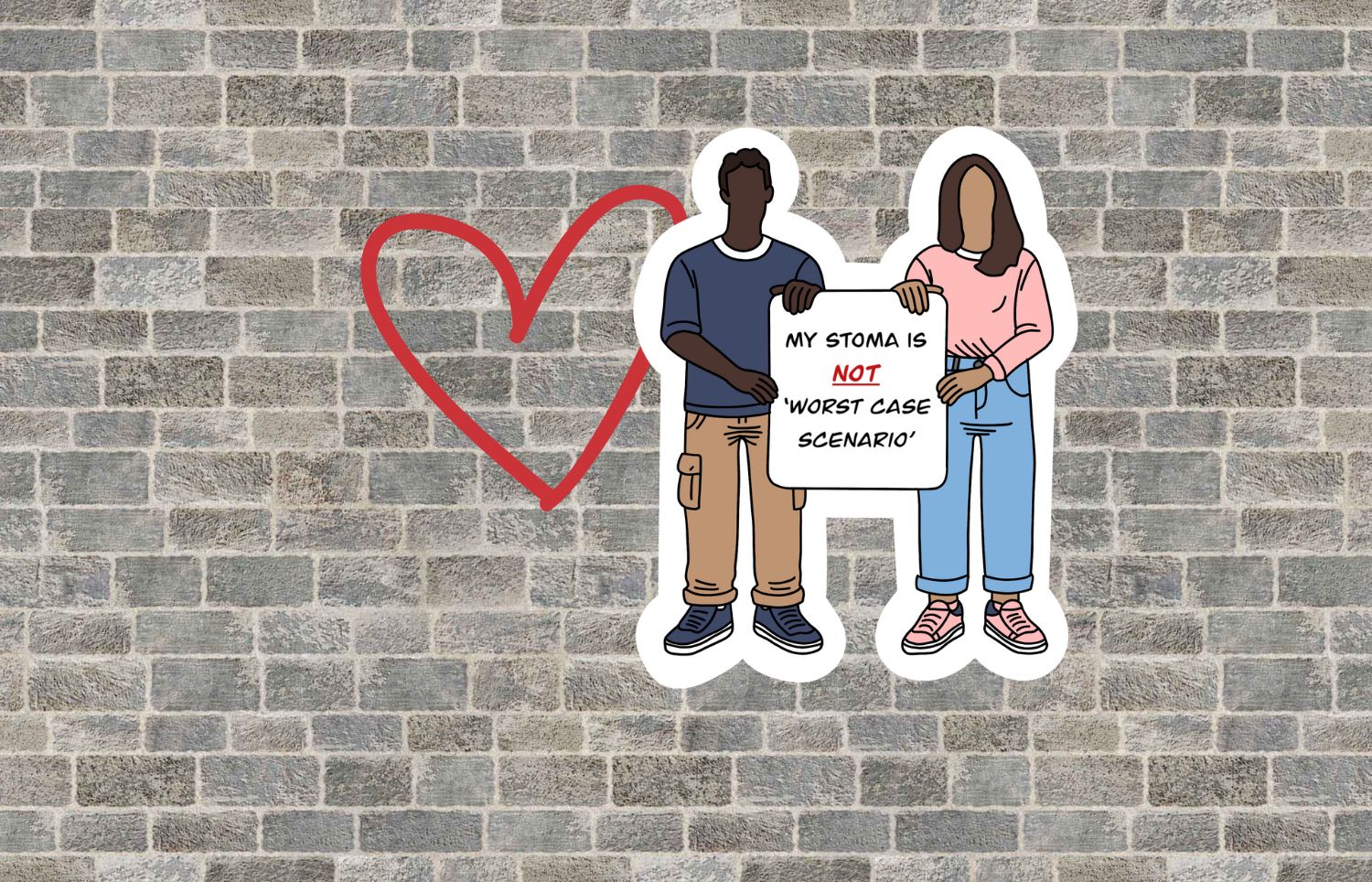When you have been diagnosed with a bladder or bowel problem there will be many questions running through your mind. You may remember to ask your health professional the most obvious ones but in case you’re left searching and more importantly worrying, we have included some useful information and handy tips on this page.
Approaching your GP
It is never too late to get help with your continence problems. If you would like some advice on how to approach your GP regarding your bladder or bowel problem you may find our Advice Sheets helpful. They also include information on tests that your GP may recommend you have done. To download, please click here Bladder Advice Sheet or for bowel please click here Bowel Advice Sheet.
PALS
The Patient Advice and Liaison Service (PALS) is a service that is located within your local hospital and offers confidential and impartial advice on health related issues. They can act as your contact between yourself and health care professionals.
PALS can help you if you have a
- Health related question or issue
- Resolve concerns or problems with any of you NHS care
- Advise you how to get more involved in your own healthcare
- Inform you of any local support groups
- Tell you how to go about making a formal complaint about yours or a relative’s care
To get in touch, contact your local hospital and ask to be put through to the PALS service.
Care Quality Commission (CQC) How to complain
If you feel safety is at risk
If you believe someone has suffered, or is at risk of suffering harm, abuse or neglect, you should immediately contact your local authority and ask to speak to the safeguarding team. You can also contact Care Quality Commission (CQC) or the Police. You can also contact your local Healthwatch for advice. Whoever you choose to contact, they will notify the safeguarding team and each other and make sure that your concerns are dealt with as a matter of urgency. If you feel that the rights of someone detained under the mental health act are being abused, you should contact CQC who have the power and responsibility to investigate these particular issues.
If you wish to complain about care
If you, or someone you care for, experience poor care and you want to complain about it you can do two things. You can go through a formal complaints process that will investigate and resolve your complaint. You can also report it to the CQC, the independent regulator of health and social care. The CQC does not have the statutory power to investigate or resolve your individual complaint, but it values hearing about people’s experiences of care and your information could play a vital role in helping CQC Inspectors to decide when, where and what to inspect.
To make a formal complaint
If you want to make a formal complaint about a service, there is a process you should follow. You should first make a formal complaint to the service provider who has a legal duty to respond to you and listen to your views. If you don’t feel able to do that or the provider has not responded satisfactorily, you can pursue your formal complaint with the relevant ombudsman – the Local Government Ombudsman for social care, and the Parliamentary Health Services Ombudsman for healthcare.
To tell the Care Quality Commission about your experience
If you or someone you care for experiences poor care, whether or not you are going through the formal complaints procedure, you can tell the CQC about your concern to help its Inspectors decide when and where to inspect services.
Whatever your concern, if you have experienced poor care, or believe that poor care is being provided somewhere, you can report it anonymously to CQC. Although CQC does not investigate individual complaints, the information you provide plays a vital role in helping it decide when and where to check that standards are being met.
CQC promptly reviews all feedback and each piece of information it receives is like another piece in the jigsaw, helping it to build a picture of what is happening in each hospital, care home or home care agency between its routine inspections; and whenever it finds national standards are not being met, it always takes action to make sure care improves.
To report poor care to CQC, visit www.cqc.org.uk and click on ‘Share Your Experience’.
Out and about
Below are some options for you to help you gain access to toilets whilst out and about.
B&BC Just Can’t Wait Toilet Card – Helping you to gain access to toilets. If you would like to find out more about our Just Can’t Wait toilet card please click here.
Radar Key – The National Key Scheme (NKS) offers disabled people independent access to locked public toilets around the country with the Radar key. Although these essentially are disabled toilets, you can still gain access to them if you have the key. If you would like to find out more about the Radar key please visit the Disability Rights UK website.
When it comes to managing prescriptions and practical advice, we can offer a discreet and personal Home Delivery Service for all bladder and bowel products, equipment and devices. As an independent service we can advise you as a carer on the best products for your partner or friend’s needs from all major suppliers. If you sign up to our Home Delivery Service we can also provide clinical support through our nursing team or in house pharmacist, to help you navigate your care plan effectively. Please visit the Home Delivery Service section for more information.
The Patients Association
The Patients Association’s motto is ‘Listening to Patients, Speaking up for Change’. This motto is the basis on which they build all their campaigns. Via the Helpline, they capture stories about Healthcare from over thousands of patients, family members and carers every year. They use this knowledge to campaign for real improvements to health and social care services across the UK. In addition, the Helpline provides valuable signposting and information for patients and supports them as they navigate through the Healthcare service.
They ensure that the opinions of patients gathered are on a wide variety of health and social care issues. Concerns that they hear form the basis of their campaigns, which are targeted at various stakeholders such as parliamentarians, the media, civil servants, other charities and professional bodies.
They also have a range of booklets and guides for patients and have produced a number of research reports. To visit the website please click here Patients Association.
VAT reduced continence products
Customers who wish to purchase continence products from retail stores will probably find that the VAT has already been removed from the marked shelf price of products. The 0% VAT only applies to individuals who are purchasing 200 pieces or less for personal use. If you are buying continence products online, you may be asked to complete a VAT declaration form.
The following stores reflect the 0% VAT on the shelf price of continence products;
- Tesco
- Waitrose
- Boots
- Superdrug
- most small chemists
Welfare Benefits
Turn2us helps people in financial need gain access to welfare benefits, charitable grants and other financial help online, by phone and face-to-face through partner organisations. If you have been denied welfare benefits Turn2Us may be able to help you.
Personal Independence Payment
Personal Independence Payment (PIP) is a benefit for people aged between 16 and 64 who because of a long-term illness or disability may need help with daily activities or getting around.
PIP has replaced Disability Living Allowance for anyone making a new claim.
PIP is split into two sections – a daily living component and a mobility component.
You can be assessed for one or both components. The government website contains more information about PIP.
Independent Age
Independent Age provide an information and advice service for older people, their families and carers, focusing on social care, welfare benefits and befriending services. This is integrated with local support, including one-to-one and group befriending schemes.
They have a range of guides and information sheets and offer a free national advice service. To visit their website please go to www.independentage.org.
Help is available to you in our Closed Facebook Group
Join the Bladder & Bowel Community Facebook Group and chat with those who understand what you are going through. Sharing your experiences with people in the same situation can be a valuable lifeline.
Available 24 hours a day, simply request membership via your Facebook account. Feel free to start your own topic or follow another topic of interest.








